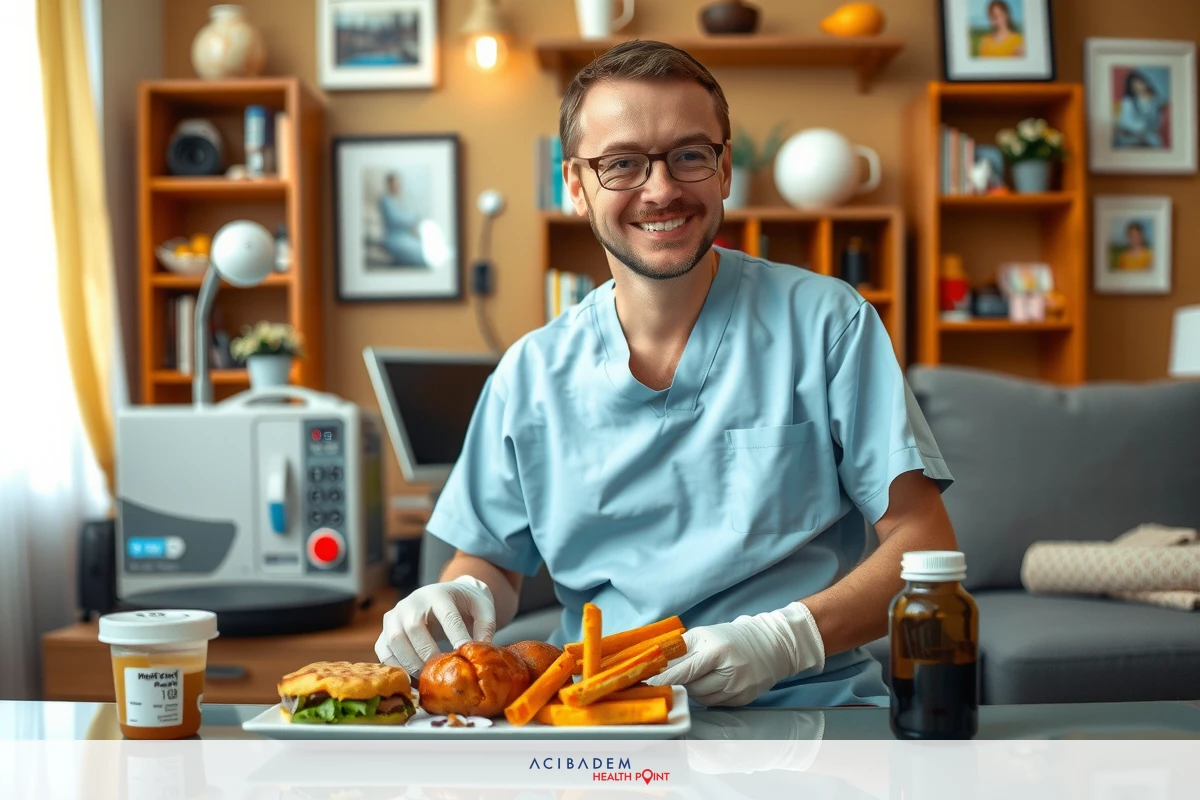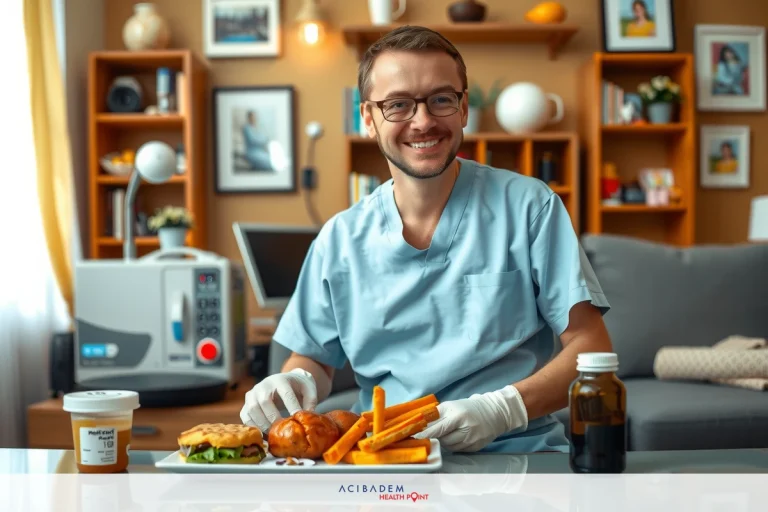When Can You Eat Normally After Rhinoplasty
When Can You Eat Normally After Rhinoplasty Rhinoplasty, a reshaping of the nose, often leaves patients questioning when they can return to their regular eating habits. The post-operative journey involves certain dietary restrictions and adjustments that warrant keen attention for optimal recovery.
The immediate aftermath of surgery necessitates caution with food intake; understanding these initial constraints is paramount. As days progress, a gradual transition towards customary meals takes place. This process may vary among individuals due to differing healing rates and surgical complexities.
Culmination in recovery sees the resumption of normal eating patterns, an eagerly anticipated phase by many. It’s essential to remember that patience plays a key role during this period as your body continues its healing trajectory after rhinoplasty.
Immediate Post-Operative Period
The immediate post-operative period following rhinoplasty is a critical phase in the overall recovery process. This time often involves restrictions on eating and drinking, designed to promote healing and minimize complications. It’s not unusual for patients to experience a diminished appetite due to anesthesia effects, coupled with facial swelling. During this stage, hydration becomes paramount; sipping water regularly helps keep the body nourished and aids in flushing out toxins.
Incorporating soft foods into your diet can ease the transition back into regular eating habits. Options such as broth-based soups, mashed vegetables or fruits, yogurt, or smoothies are gentle on the digestive system yet provide necessary nutrients for recovery. It’s important during this time to avoid foods that require excessive chewing or wide mouth opening – these actions could potentially disrupt the surgical site.
As you navigate through this immediate post-rhinoplasty phase, remember that every individual’s journey differs slightly based on their unique procedural specifics and personal rate of healing. While one person might find themselves comfortably consuming semi-solid meals within a few days of surgery, another may need a week or more before they feel ready for more substantial fare beyond liquids and very soft foods. Closely adhering to dietary guidelines provided by your healthcare provider can significantly enhance comfort levels while ensuring optimal conditions for successful healing after rhinoplasty.
Gradual Transition to Normal Diet
The journey towards a normal diet after rhinoplasty is indeed gradual. It’s not an overnight process but one that requires a progressive reintroduction of different food groups into your daily meals. As the post operative discomfort subsides and your body begins to adjust, you may find yourself craving more substantial foods. Still, it’s crucial to remember that haste can sometimes compromise healing.
Introducing regular foods back into your diet should be done cautiously. Start with soft solids like pasta or scrambled eggs before moving on to meats and other harder-to-chew items. Listen carefully to your body; if certain foods cause discomfort or strain on the surgical area, it might be wise to postpone their consumption for a few more days. Also consider avoiding spicy foods which could potentially irritate the nasal passages during this sensitive recovery period.

As weeks progress post-rhinoplasty, most patients experience significant improvements in their ability to eat normally again. However, continual care must still be exercised when consuming tougher food items such as steak or raw vegetables – biting down too hard could interfere with the nose’s healing process. Adherence to these dietary guidelines enhances comfort levels while ensuring optimal conditions for successful recovery following rhinoplasty surgery.
Full Recovery and Resuming Normal Eating Habits
Achieving full recovery from rhinoplasty and returning to normal eating habits is a milestone that patients eagerly anticipate. It’s important to remember, however, that this phase does not arrive in a fixed timeframe for all patients. Individual healing rates and the specifics of the surgical procedure can influence when one can safely resume their regular diet.
When you’ve reached a point where consuming most foods no longer causes discomfort or strain on the nasal area, it’s an indication that your body has made significant strides in the healing process post-rhinoplasty. This doesn’t mean throwing caution to the wind; continue being mindful about avoiding excessively hard or crunchy food items which could still exert undue pressure on your nose.
As you celebrate reaching this stage of full dietary freedom post-surgery, it’s equally crucial to keep maintaining overall healthy eating habits. Balanced nutrition aids long-term healing and helps maintain the structural integrity of your newly reshaped nose. Remember, patience throughout this entire journey will ensure optimal recovery progress after rhinoplasty while paving the way for resumption of normal eating patterns without risking complications.
When Can You Eat Normally After Rhinoplasty Frequently Asked Questions
What foods should I avoid immediately after rhinoplasty?
In the initial post-operative period, it's best to steer clear of hard, crunchy or spicy foods which might cause discomfort or put undue strain on your healing nose. Stick with soft and easily digestible foods like soups, mashed fruits and vegetables.
When can I start eating solid food again?
The reintroduction of solid food into your diet should be a gradual process that begins once you feel less discomfort while eating. Start with softer solids like cooked pasta before progressing to harder-to-chew items.
Can I drink alcohol during my recovery from rhinoplasty?
Alcohol can interfere with your body's ability to heal itself after surgery so it is recommended to avoid drinking until you have fully recovered - which could be several weeks following the procedure.
Could my diet impact the final results of my rhinoplasty?
A balanced diet plays a crucial role in supporting overall health, including during recovery from any surgical procedure. While not directly affecting the shape or structure of your reshaped nose, poor nutrition could potentially slow down healing and lead to complications.











